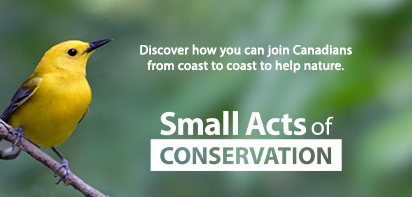Conservation 101
-
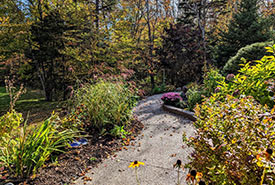
10 things you can do in the fall to maintain a healthy garden
Fall is a great time to connect with nature in your yard and prepare your garden for the colder months ahead so you can look forward to a glorious spring garden. Read more »
-
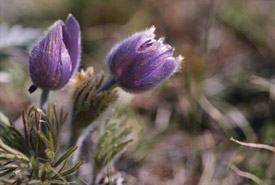
10 ways to get your garden ready for spring
Although the weather across the country is slowly warming, most plants are still dormant. That makes it a great time to start planning and preparing your garden for spring. Read more »
-
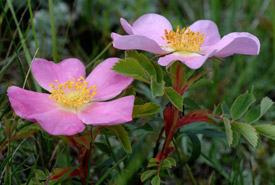
10 ways to get your garden ready for summer
Our tips for maintaining your garden now that spring is in full swing. Read more »
-
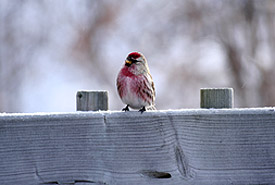
10 ways to get your garden ready for winter
Ensure your garden's ready for the cold, ice and snow of a Canadian winter with these tips. Read more »
-
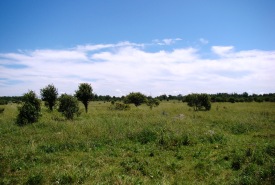
Alvars 101
Alvars are naturally open habitats with either a thin covering of soil or no soil over a base of limestone or dolostone. Their unique geologic and physical characteristics set the stage for natural communities that simply cannot exist elsewhere. Read more »
-
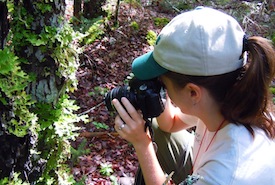
Baseline inventories 101
Shortly after the Nature Conservancy of Canada (NCC) acquires a new property, staff need to complete a baseline inventory. This gives NCC a snapshot of the land, species and ecosystems present upon it at the time of purchase. Read more »
-
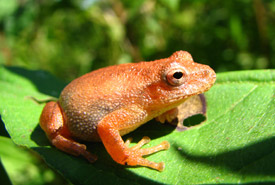
Biodiversity 101
Simply put, biodiversity is the variety of plants and animals in the world, or in a particular area. If the earth's living systems are to remain strong and healthy, those systems must have a high level of biodiversity - our well-being depends on it. Read more »
-
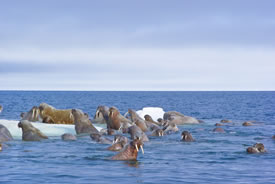
Canada's Arctic 101
Canada’s Arctic extends from the tree line, through the Arctic Archipelago to the North Pole. Read more »
-
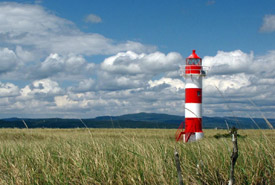
Canada's East Coast 101
Canada’s East Coast includes the island of Newfoundland, Prince Edward Island, Nova Scotia and the majority of New Brunswick. Read more »
-
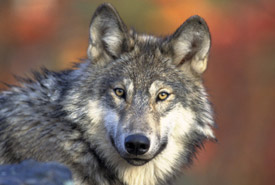
Common species 101
We often hear a lot about rare, endangered or disappearing species — species that are in need of swift action to save them. There is no doubt that they are important to talk about. How else do we raise awareness about the last populations of plants and animals that we could lose forever? Read more »



